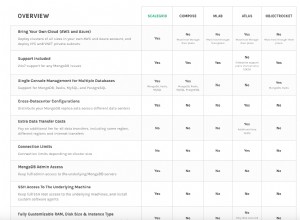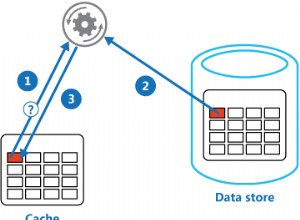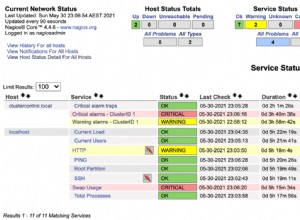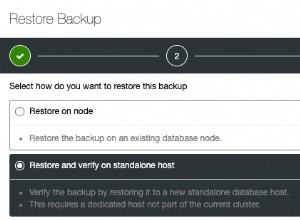Puoi utilizzare event per gestirlo come callback.
E magari avere la tua variabile globale che identificherà che non è connessa.
Puoi avere db.js separati file, che si comporterà come modulo. E puoi avere la funzione per ottenere la raccolta da esso.
var mongodb = require('mongodb');
var client;
var collections = { };
new mongodb.Db( ... ).open((function (err, c) {
if (!err) {
client = c;
client.on('close', function() {
client = null; // clear client
collections = { }; // clear old collections
// connection closed
});
} else {
// error connecting
}
});
// get collection
exports.get = function(name, callback) {
if (client) {
if (!collections[name]) {
collections[name] = new mongodb.Collection(client, name);
}
callback(null, collections[name]);
} else {
// can perform reconnecting and then get collection and call callback
callback(new Error('not connected'));
}
}
Quindi per usarlo:
var db = require('./db.js');
db.get('users', function(err, collection) {
if (!err) {
collection.find({ ...
} else {
console.log(err);
}
});
Spiacenti, ho appena notato che stai utilizzando Mongoose, che può essere leggermente diverso.




